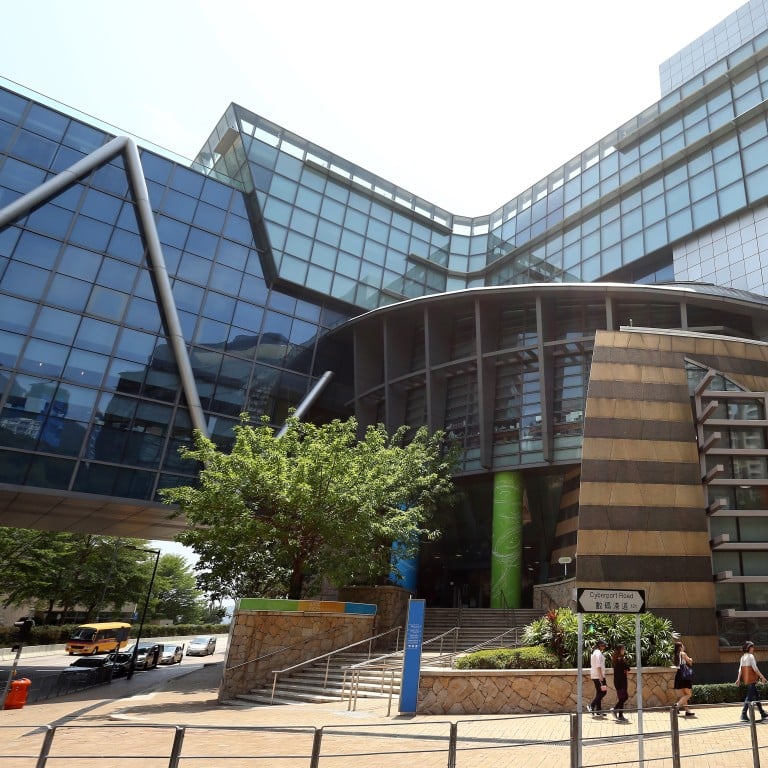
Cyberport’s future is in the north as industry pivots towards Greater Bay Area, says CEO of Hong Kong tech hub
- With government funding support, Cyberport provides start-up capital, office space and access to technology to help local start-ups get off the ground
- Cyberport CEO says Hong Kong’s tech firms will rely more on the Greater Bay Area as a market in future, and tech hub is at a special moment in its history
“When you know what to expect … you can do the math and evaluate whether an investment is worth it. If it’s not worth it, you end it.” “We’ve done the math,” he added, “and it really is worth it.”
How Cyberport start-ups innovate to help Hongkongers adapt to Covid-19 pandemic
Cyberport has dedicated a lot of resources to fostering local tech start-ups since its inception in 2004 but there has been a debate over its future role. Although Cyberport has helped produce five unicorns - start-ups with a valuation of more than US$1 billion - this has been dwarfed by neighbouring Shenzhen, where more than a dozen new unicorns are born every year.
Yan said Hong Kong’s tech firms will rely more on the Greater Bay Area as a market in future. “Ultimately this is about getting exposure to the Greater Bay Area market. In the past, we had the Hong Kong local market and the Southeast Asia market. This is a huge difference,” Yan said.

With government funding support, Cyberport provides capital, office space and access to technology to help local start-ups get off the ground. From the third quarter last year to second quarter this year, Cyberport took part in a total of 95 investment deals, totalling HK$5.6 billion (US$720 million), a 66 per cent increase in the number of deals and a 143 per cent increase in the amount invested from the same period a year ago.
Cyberport has also helped companies enter other cities in the Greater Bay Area. The number of companies with exposure to the Greater Bay Area grew from more than 30 last year to nearly 70 this year. These companies together have set up a total of 84 offices in the region, with Shenzhen being the most popular destination.
According to Yan, Cyberport will focus on several major areas of tech including artificial intelligence, blockchain, cloud computing and big data, all of which are in line with Beijing’s tech policies.
Hong Kong’s technology community is being increasingly affected by changes in the north. Crypto-derivatives exchange FTX, after starting in Hong Kong and becoming one of the world’s biggest of its kind, announced last month that it had moved its headquarters to the Bahamas after China launched a series of crackdowns on cryptocurrencies.
Yan said that Hong Kong will remain attractive for fintech innovation, especially when it comes to development around China’s sovereign digital yuan.
“Under the broad umbrella of cryptocurrencies, there is still the CBDC (Central Bank Digital Currency). And it is really about China’s digital yuan” he said. “Hong Kong is the world’s biggest trading hub for offshore yuan. This is Hong Kong’s biggest advantage, with massive growth seen in the past few years … So our edge in digital currency remains enormous.”

